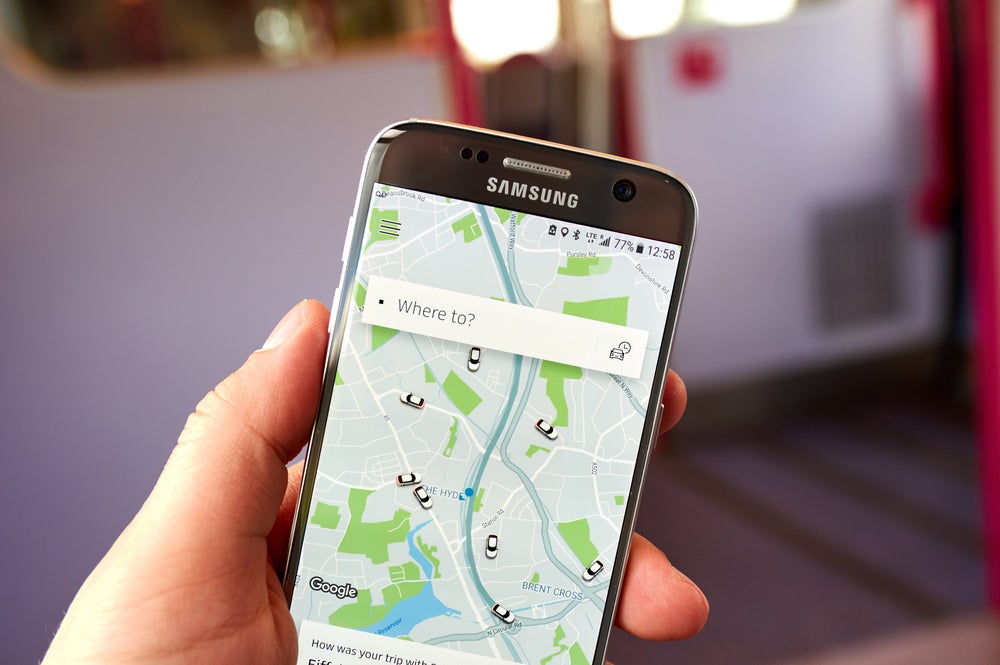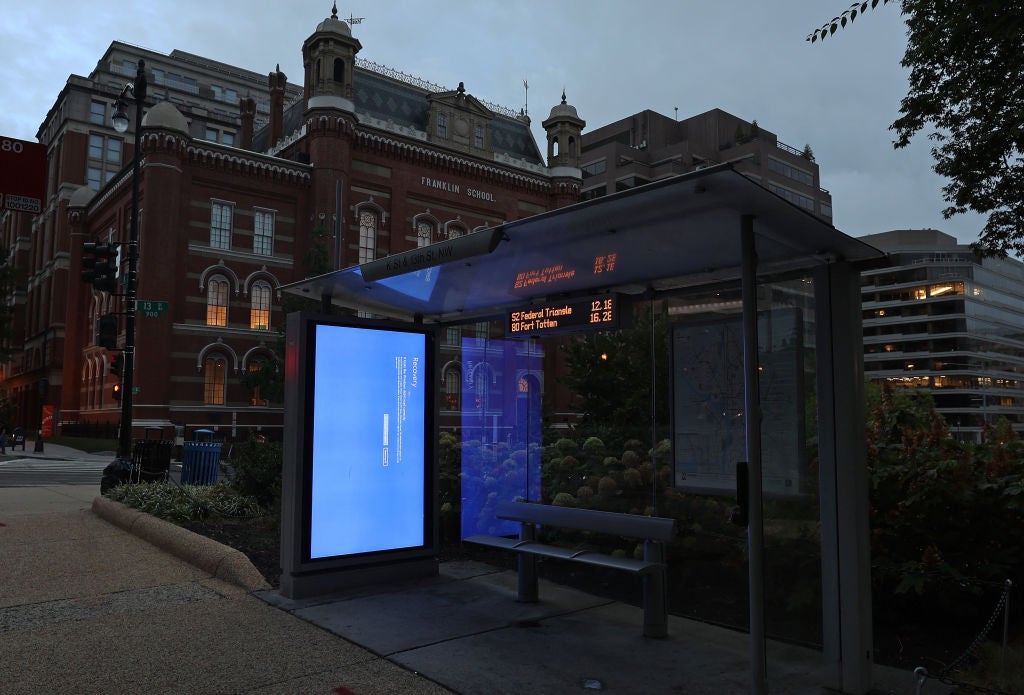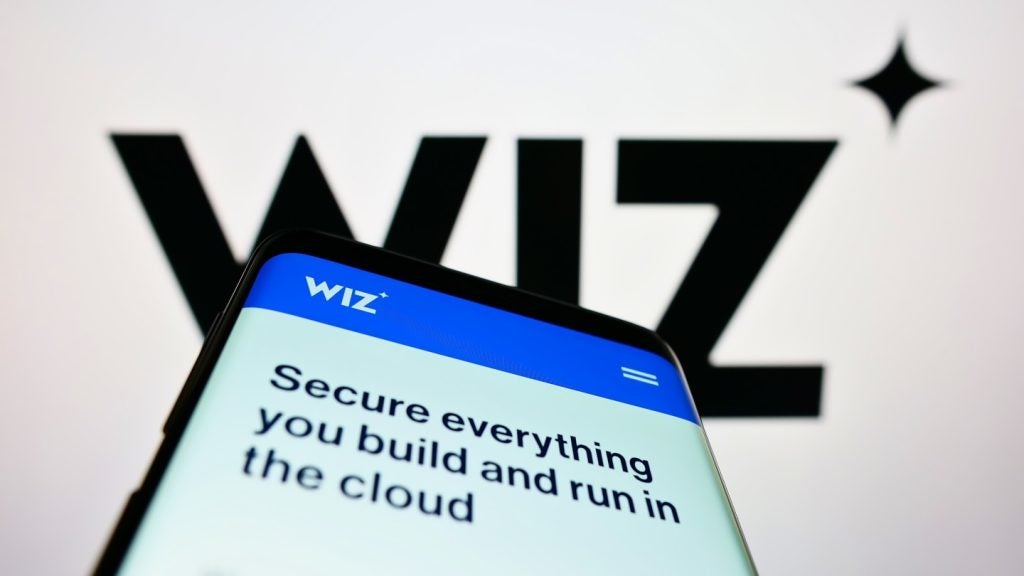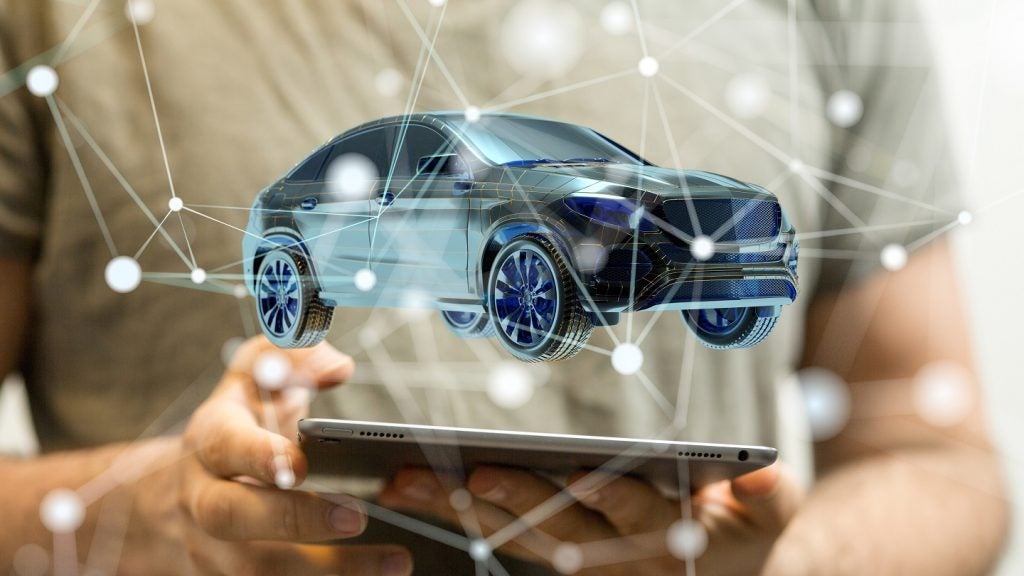
After years of arguing against admitting that drivers work for it, Uber has made a U-turn and announced that it will classify UK drivers as workers. However, the drivers that pushed for the change aren’t too impressed.
According to the ride-hailing company, the 70,000 UK drivers will now be classified as workers rather than self-employed contractors. Consequently, they will also receive “at least” National Living Wage, which is currently £8.72 per hour, a payment of 12.07% of their earnings every two weeks in holiday pay, and automatic enrolment into a pension plan.
Uber is reportedly also going to contact drivers about “settlement offers” over past pay in the next few days.
The decision follows a Supreme Court ruling last month that declared that Uber drivers should be classified as workers rather than self-employed, meaning they are entitled to benefits. The case dates back to a 2016 employment tribunal where former Uber drivers James Farrar and Yaseen Aslam claimed that the conditions of the Uber app meant that they should be classified as workers.
At the time, Uber maintained that drivers were self-employed and therefore not eligible for benefits such as minimum wage or holiday pay. The ride-hailing giant appealed the employment tribunal decision three times before appearing in the Supreme Court.
The San Francisco-headquartered company has strongly resisted similar moves in the US. Uber and Lyft spent over $200m lobbying against a ballot measure to classify drivers as workers. In November, Californians voted in favour of Proposition 22, which determined that Uber, Lyft and DoorDash drivers are classified as self-employed.
How well do you really know your competitors?
Access the most comprehensive Company Profiles on the market, powered by GlobalData. Save hours of research. Gain competitive edge.

Thank you!
Your download email will arrive shortly
Not ready to buy yet? Download a free sample
We are confident about the unique quality of our Company Profiles. However, we want you to make the most beneficial decision for your business, so we offer a free sample that you can download by submitting the below form
By GlobalDataIn a statement, Uber said: “Drivers are an essential part of our everyday lives and we are proud to be making these changes to how they earn with Uber.” It has claimed that prices will not rise as a result of the reclassification.
While some see the decision as a landmark moment for the gig economy, Farrar and Aslam said that while they welcomed Uber’s commitment to paying minimum wage, holiday and pensions, they described the offer as “a day late and a dollar short”.
“The Supreme Court ruled that drivers are to be recognised as workers with entitlements to the minimum wage and holiday pay to accrue on working time from log on to log off whereas Uber is committing only to these entitlements to accrue from time of trip acceptance to drop off,” they said in a statement. “This means that Uber drivers will be still short-changed to the tune of 40-50%. Also, it is not acceptable for Uber to unilaterally decide the driver expense base in calculating minimum wage. This must be subject to collective agreement.”
In other words, Uber drivers will only receive National Living Wage for the time between accepting a trip and dropping off the passenger, rather than being paid for the time they are logged into the app. This goes against the Supreme Court’s ruling, which said that drivers should be classified as workers whenever they are logged into the app.
The former Uber drivers said that they “cannot accept anything less than full compliance with legal minimums” and called on the taxi-app company to “make progress” towards trade union recognition, a fair dismissals appeals process and a data access agreement.
Notably, Uber Eats delivery workers are not included in the new classification.
Many have questioned how Uber’s latest move fits into its business model. In the past, the firm has said that “any such reclassification would require us to fundamentally change our business model, and consequently have an adverse effect on our business and financial condition.”
Over the past year, the company has been impacted by a slowdown in the ride-hailing business, with its fourth quarter 2020 results showing that its mobility gross bookings declined 47% year-on-year, compared with its delivery gross bookings which grew 128%, and revenue declined 16% year-on-year.
The company, which was founded in 2009, is yet to turn an annual profit, despite going public in 2019. Uber CEO Dara Khosroshahi previously set out a goal of becoming profitable in 2021, but the latest move may make the road to profitability even longer.
Some have speculated that the additional costs associated with the reclassification of drivers may accelerate the company’s deployment of driverless vehicles. Uber’s sold its self-driving car division, Advanced Technologies Group, to Aurora Innovations at the end of last year, but while it is no longer developing its own vehicles, the company may still make use of cars developed by others.
Read More: Uber runs out of road as Supreme Court rules drivers are workers.







